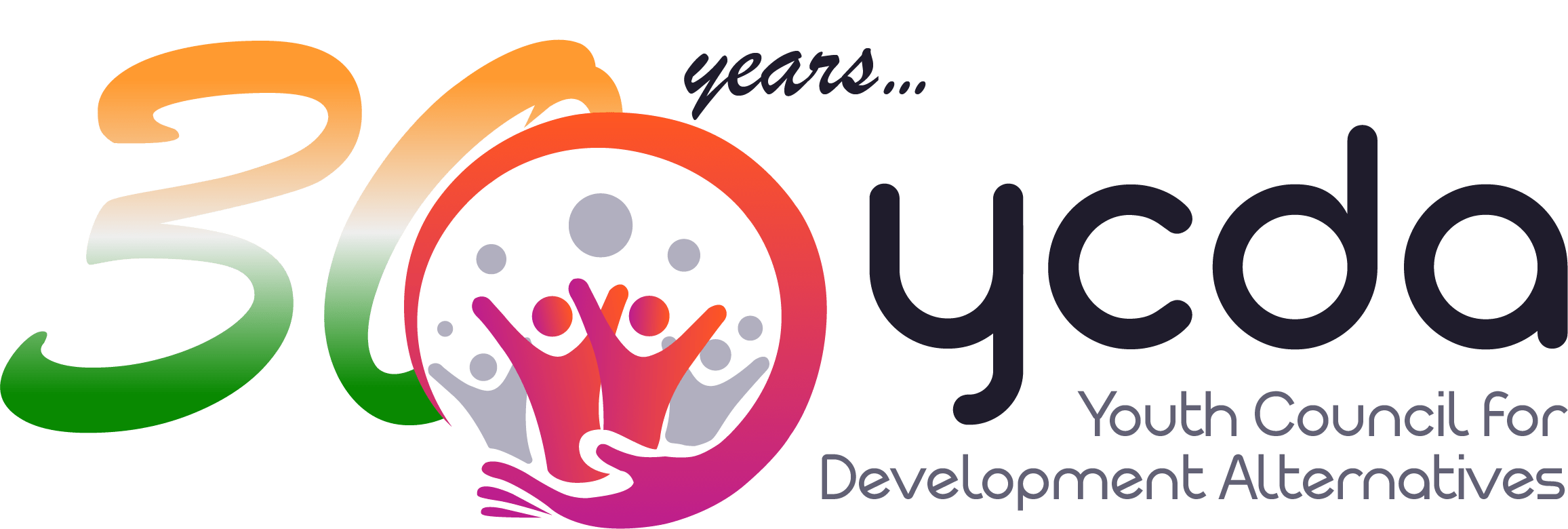Cause Area
Financials
-
2018
Total IncomeRs.44,637,965Total ExpensesRs.44,807,267Non Program ExpensesRs.578,141Program ExpensesRs.44,229,126Tip: Click on any value above to exclude it. -
2019
Total IncomeRs.54,758,367Total ExpensesRs.55,568,170Non Program ExpensesRs.488,448Program ExpensesRs.55,079,722Tip: Click on any value above to exclude it. -
2020
Total IncomeRs.48,162,452Total ExpensesRs.45,070,523Non Program ExpensesRs.31,535,435Program ExpensesRs.13,535,088Tip: Click on any value above to exclude it. -
2021
Total IncomeRs.42,435,102Total ExpensesRs.46,007,084Tip: Click on any value above to exclude it. -
2022
Total IncomeRs.48,450,983Total ExpensesRs.49,482,376Tip: Click on any value above to exclude it. -
2023
Total IncomeRs.65,190,516Total ExpensesRs.66,129,475Tip: Click on any value above to exclude it. -
2024
Total IncomeRs.82,395,720Total ExpensesRs.82,266,590Tip: Click on any value above to exclude it.
Geographies Served
Programs
-
Family Based Care Programme
StateStates
Odisha
The organisation takes a firm stand against the plight of numerous children lacking familial care, advocating for Family Based Care as the antidote. Research evidence favours nurturing within a family, in contrast to the bad effects associated with residential care. Addressing this, the organisation champions families as the solution, supporting those at risk of separation through economic empowerment and parenting guidance. It explores diverse family-based care options like Foster and Kinship Care, tailoring interventions to each child's best interest. Collaborating with residential care staff enhances parent-child reintegration strategies, employs preventive "gatekeeping" measures, and delivers crucial family and community services, working towards curbing the long-term societal costs arising from inadequate care.
-
Family Strengthening & Gatekeeping Programme
StateStates
Odisha
Youth Council for Development Alternatives (YCDA) is committed to Family Strengthening & Gatekeeping, collaborating with vulnerable families to prevent unnecessary separation of children. Through Family Strengthening Programmes, YCDA supports families economically, enhances parenting skills, and facilitates access to social security schemes. Gatekeeping strategies redirect children away from entering alternative care needlessly, effectively reducing entries into Child Care Institutions. This involves evaluating reunification possibilities and determining the most suitable alternative care if needed. YCDA operates at both family and administrative levels, providing essential services for children's well-being while influencing placements, aligned with the authority of Child Welfare Committees in deciding child placements within the Indian context.
-
Education Programmes
District
Boudh
States
Odisha
YCDA is deeply committed to Education, focusing on Early Education and Primary Education. Collaborating with Save The Children, YCDA enhances early learning experiences in Anganwadis and schools, striving to create effective Early Childhood Care and Education (ECCE) models that prepare children, families, schools, and the education system. Simultaneously, YCDA supports Government initiatives for Primary Education, aiming for universal enrollment and retention. The organisation tackles challenges like child-friendly teaching approaches, education quality, and school functionality. Through collaborations with School Management Committees and community groups, including Self Help Groups, YCDA strengthens the formal education system. In partnership with Edukans Foundation, YCDA's STAR School project targets specific schools to elevate them as centres of excellence through assessments, focused improvements, teacher training, and community engagement.
-
Adolescent Health Progamme
District
Balangir
Boudh
Khordha
States
Odisha
YCDA collaborates with APPI and Edukans Foundation to extend their programme in Bolangir, Boudh, and Khordha districts. Addressing the 20.9% adolescent population (aged 10-19), YCDA aims to equip them with essential life skills and sexual education. This phase of life involves significant physical and psychological changes, making it imperative to provide relevant information and skills. Studies underline the likelihood of risky behaviours during adolescence impacting short and long-term health. YCDA's intervention, spanning schools and communities, fosters a positive perception of sexuality, imparts sexual and reproductive health knowledge, cultivates decision-making skills, and introduces features like Adolescent Clubs (UDAAN), Menstrual Hygiene Practices, Peer Modules, and SRHR/CSE training via the Adolescent Resource Centre.
-
Child Protection Programme
District
Boudh
States
Odisha
YCDA engages in Child Protection efforts to safeguard children from potential harm and risks to their well-being, focusing on reducing vulnerabilities and ensuring necessary care. Its work aims to prevent children from falling through social safety nets, providing vital support to reintegrate those who do. While protection is every child's right, some are more susceptible to harm and necessitate special attention. Neglecting child protection issues in India, which houses 19% of global children, results in violating their rights and increasing vulnerability to abuse. Despite laws and policies for child protection, a lack of commitment hinders effective implementation, leaving many children deprived and exploited. YCDA collaborates with bodies like Child Welfare Committees and service units to provide immediate aid and lasting solutions, involving children's groups and committees for fulfilling children's rights.
Impact Metrics
-
Covered Deprived and Vulnerable Children to Look After Their Primary Education
Program Name
Child Rights
Year-wise Metrics- 2017-18 45500
- 2018-19 25500
- 2019-20 25500
- 2020-21 3780
- 2021-22 15524
-
Reached Backward Families to Generate Awareness About Govt. Social Security
Program Name
Livelihood
Year-wise Metrics- 2017-18 11472
- 2018-19 15472
- 2019-20 20568
Registration Details
-
PAN Card
AAATY0312P
-
Registration Number
PBN-1525 / 90 of 93 - 94
-
CSR Form 1
CSR00016873
-
80G
AAATY0312PF20219
-
12A
AAATY0312PE19973
-
FCRA
105010025
About
-
Headquarters
Boudh, Odisha
-
Since
1993
Impact
Around 5000 children are supported to live in a family-based care setting and are able to access various rights. Various statutory bodies and service delivery structures are encouraged to adopt the concept and ensure strong gatekeeping before they decide on any family separation.
Vision and Mission
YCDA's vision is sustainable improvement in the socio-economic status and self-reliance of disadvantaged communities. Its mission is to enable children and young people of marginalized communities in Odisha for a sustainable future with improved socio-economic and family situations.
Political & Religious Declarations
-
Political Affiliation
-
Religious Affiliation
Location
-
Offices in Cities
Bhubaneswar
Other Details
-
Type
Non-profit
-
Sub Type
Society
Website
Technology Adoption
-
SOC 2 Compliant
No
-
Financial Management
-
Beneficiary Management



